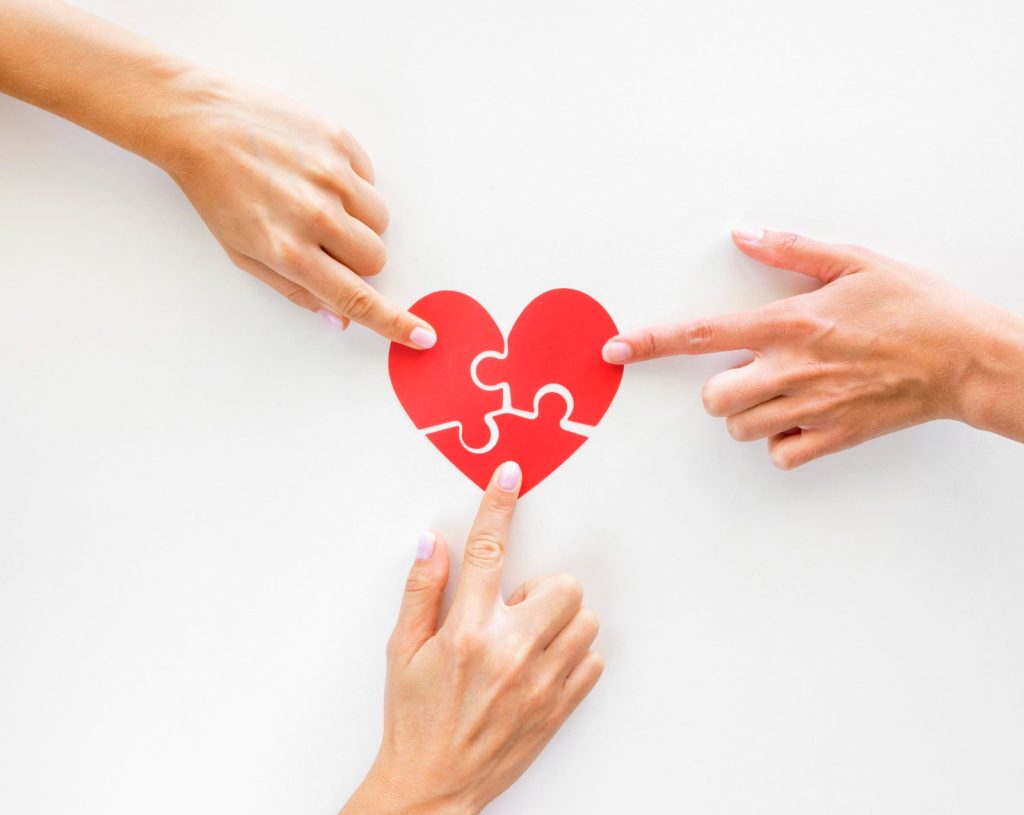
Recovery from anorexia is a challenging but achievable goal, and you are not alone on this journey.
Successful treatment plans often combine multiple approaches to address the physical, emotional, and psychological aspects of the disorder.
Remember, it’s essential to seek professional help and support from your loved ones. With the right treatment, patience, and determination, you can overcome anorexia and regain your health and well-being. Your journey to empowerment and health begins now!
- Psychotherapy: Psychotherapy, also known as talk therapy, is a fundamental aspect of anorexia or bulimia treatment. Skilled therapists, specializing in eating disorders, employ approaches like Cognitive-Behavioral Therapy (CBT) to guide you through the emotional and psychological aspects of your journey. These therapies are tools to identify and change those thoughts and behaviors associated with anorexia, empowering you to regain control.
- Medical Monitoring: Anorexia can have serious physical health repercussions. Medical professionals play a vital role in monitoring and addressing these issues, such as malnutrition, electrolyte imbalances, and organ damage. Regular medical check-ups and interventions are essential to ensure your safety and well-being, guiding you toward a healthier future.
- Nutritional Counseling: Nutritionists and dietitians are here to support you on your path to recovery. They create personalized meal plans tailored to your unique nutritional needs. Through their guidance, you’ll learn about balanced eating, portion control, and meal timing, promoting a gradual restoration of healthy eating habits.
- Support Groups: In the battle against anorexia, support groups can provide a sense of belonging and understanding. Sharing your experiences and challenges with peers who have walked similar paths can be incredibly therapeutic. These groups, often led by psychologists, help you feel less alone and more supported as you embark on your recovery journey.
- Inpatient Treatment: For severe cases of anorexia or when outpatient treatment isn’t enough, inpatient or residential treatment programs are available. These programs offer a higher level of care with 24/7 medical and psychiatric supervision, intensive therapy, and structured meal plans.
- Family Therapy: If you’re a young person with anorexia, family therapy can be particularly effective. It involves your family as an part of the treatment team, empowering your parents to take an active role in your recovery journey. Together, you’ll walk the path to healing.